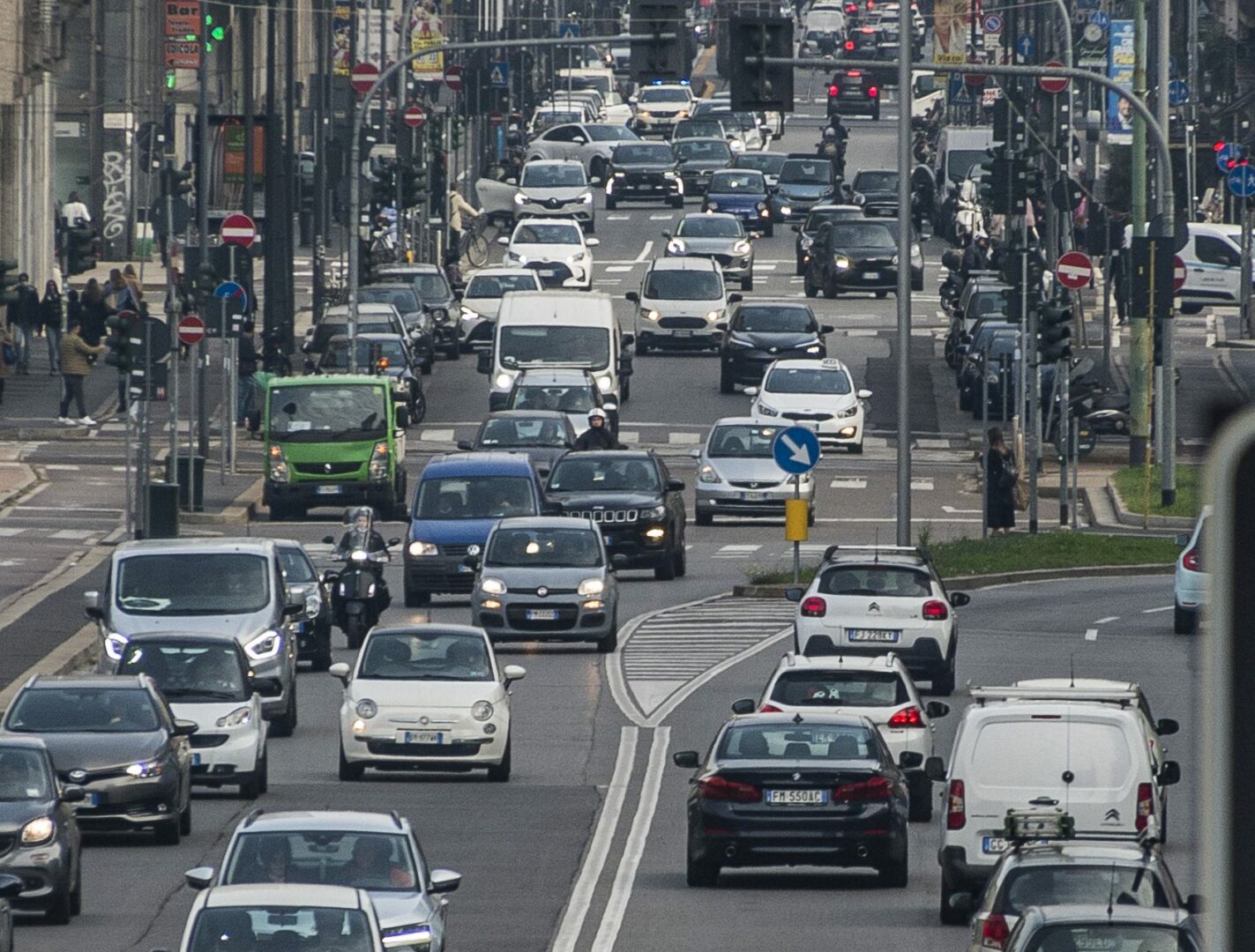ROME (ITALPRESS) – The Italian passenger car market continues to show worrying signs of crisis, with the fourth consecutive month of contraction after -13.4 percent in August, -10.7 percent in September and -9.0 percent in October. November closes with 124,251 new registrations, a drop of 10.8 percent compared to 139,319 in the same period last year, which had an extra business day.The cumulative 11-month period goes into the red for the first time since the beginning of the year, down 0.2 percent: 1,452,973 registrations compared to 1,455,320 in the January-November 2023 period. Compared to the pre-covid period, January-November 2019, the decline is 18.2 percent.BEV cars regain share from October’s 4.0 percent, rising to 5.3 percent (-0.3 points compared to the same month 2023), partly due to deliveries of cars ordered in June with the brief benefit of incentives, which is generating a seesaw effect over the months. PHEV cars, on the other hand, drop to 3.1 percent from 3.4 percent in October, bringing the total number of rechargeable vehicles to 8.4 percent.UNRAE announces a meeting with journalists and industry professionals on December 16 in Rome, at Villa Blanc, on the most topical issues of the energy transition, where in addition to providing an overview of the market and its prospects, it will detail the proposals of the Automobile Manufacturers Association to the government. On the same occasion, new research by the Luiss Business School’s Auto and Mobility Observatory, in which UNRAE is a partner, will be presented.On November 28, at the European Union Competitiveness Council, Italy presented a nonpaper also signed by 6 other member countries. A revision of the pathway leading to the discontinuation of endothermic engine production in 2035 was proposed. The Italian position, while not contesting the term and objectives of the Green Deal, calls for an earlier review of standards to 2025, following a technology-neutral approach. This perspective has found convergence from business associations in Germany, France, and Italy.The slow penetration of electric vehicles also raises concerns about the intermediate emission reduction targets in Regulation (EU) 2023/851, which could result in significant penalties for carmakers in the range of 15 billion euros.ACEA has urged EU member states to overcome divergences and find solutions to mitigate the burdens manufacturers will face by 2025. The same non-paper from the Italian government calls for urgent measures to prevent this problem from irreparably compromising the competitiveness of the European industry, which is in dire straits.Regarding these developments, UNRAE President Michele Crisci says, “We strongly hope that the energy transition will become a crucial priority in the first 100 days of the new European Commission. Consumers and businesses now urgently need immediate and certain indications to orient themselves in this complex phase of transformation.”
– Photo Agency Photogram –
(ITALPRESS).

